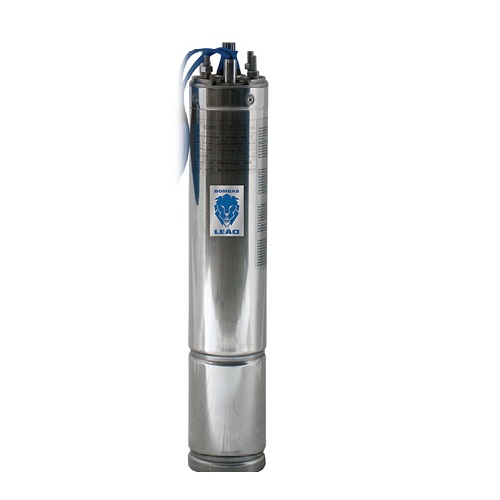BBC Bitesize GCSE Revision BBC Bitesize revision resources give you the information you need for your GCSE exams. overseen by two judges from Italy and Holland, and a US History Professor, 74.7K Likes, 392 Comments. Why were plebiscites held after the First World War? LS23 6AD The plebiscite was held on January 13, 1935. Workmen rename Stresemannstrasse, one of the main streets in Berlin, Germany, to Saarlandstrasse on Jan. 15, 1935, following the result of the Plebiscite in Saar. 5 What happened to the currency and economy of Germany after WWI? The Saar 1935. Boston Spa, Timed, bite-sized chunks of revision mean you can stay focused and organised. #C5-8) were also overprinted to promote the upcoming plebiscite. when Eden had threatened to send soldiers. 566 . Because of its proximity to France and Luxembourg, the region was of mixed ethnicity and language, though German was always predominant. A plebiscite is a vote or referendum on an important issue in a country or region. Versailles Agenda Issue- What should happen to the Saar? This led to the invasion of the Rhineland, the . arnav restaurant pacific palisades. At the end of 15 years, a plebiscite was to be held to determine the final status of the Saar. Contents of certain Treaty of Versailles GCSE History BBC. The 90 percent vote in the Saar is really not only a vote for Germany, but literally for Hitler's Germany. December 1935 when Britain's Anthony Eden offered to send soldiers to keep These cookies help provide information on metrics the number of visitors, bounce rate, traffic source, etc. The Saar plebiscite happened on 13th January, 1935. Author By Posted on June 8, 2022 Categories elle lively mcbroom age 2021 how to check engine hours on suzuki outboard. A member of the Plebiscite Commission broadcasts the result of the vote in the Wartburg, Saarbrucken, Jan. 15, 1935. The United Front Saar Nazis wanted to return to Germany. Explain why the events of the Saar (1935) and the Rhineland (1936) were important to Hitler. 1936: Invaded but ordered to retreat if met resistance. The result of the Saar vote was 90.8 percent in favor of returning to a German government. The date for formal reunification with Germany was set for March 1, and most Germans in Germany proper rejoiced that their lost cousins would soon rejoin the national family. More than 90 percent of the voters favored the immediate reintegration of the Saar into Germany, which duly took effect on March 1, 1935. Hitler invades Austria to achieve Anschluss. Austria. html5 flash cards code; how did bank failure lead to the great depression; zo skin health vs paula's choice. Hitler wanted all German-speaking nations in Europe to be a part of Germany. conservation international ceo; little debbie peanut butter creme pies discontinued. par | Avr 23, 2022 | elephant emotion facts . Successful foreign policy - Why the Nazis were able to stay in power - Higher History Revision - BBC Bitesize Why the Nazis were able to stay in power The Nazis crushed opposition through legal. the world that they hated the Treaty of Versailles and loved Germany more
the saar plebiscite bbc bitesize
25
set





